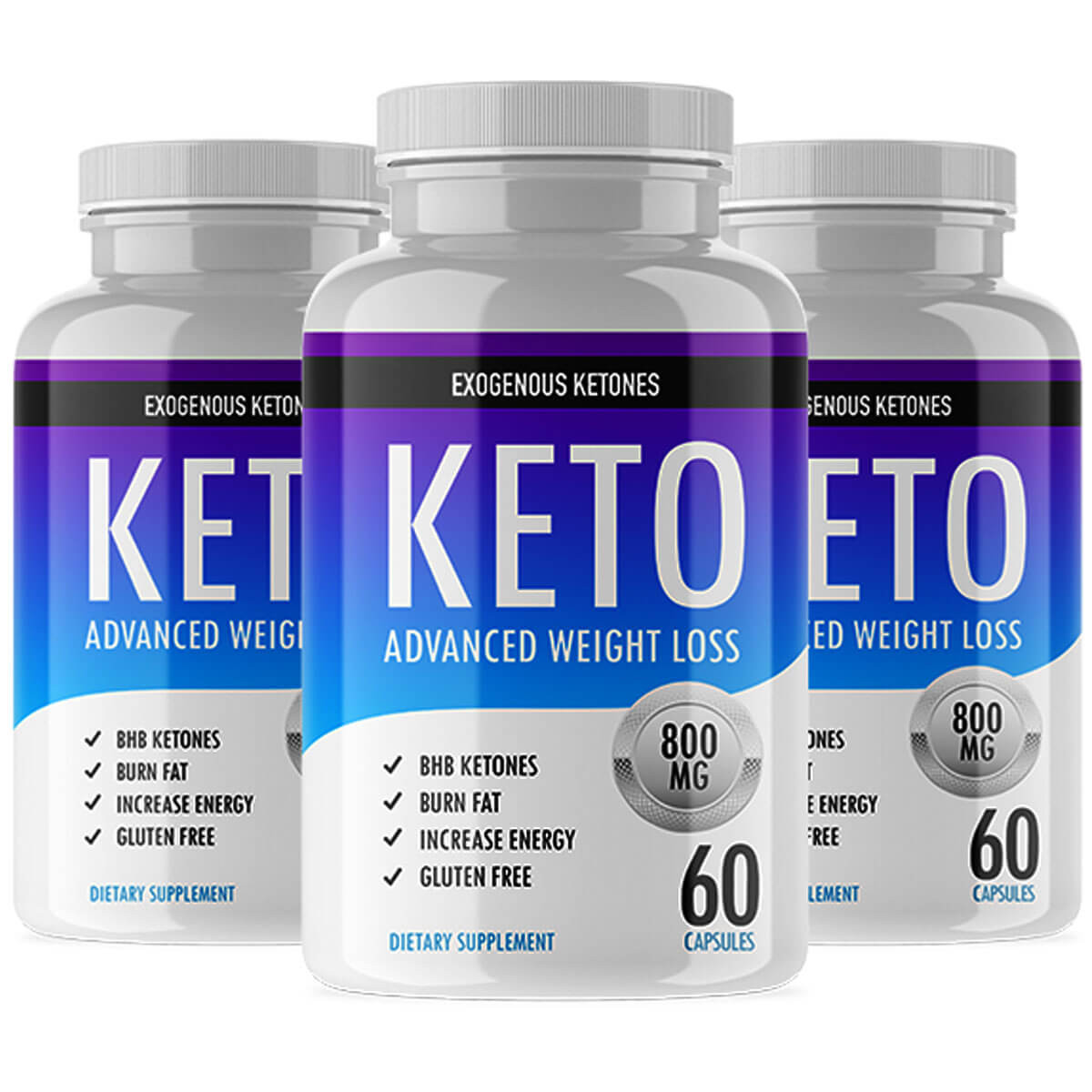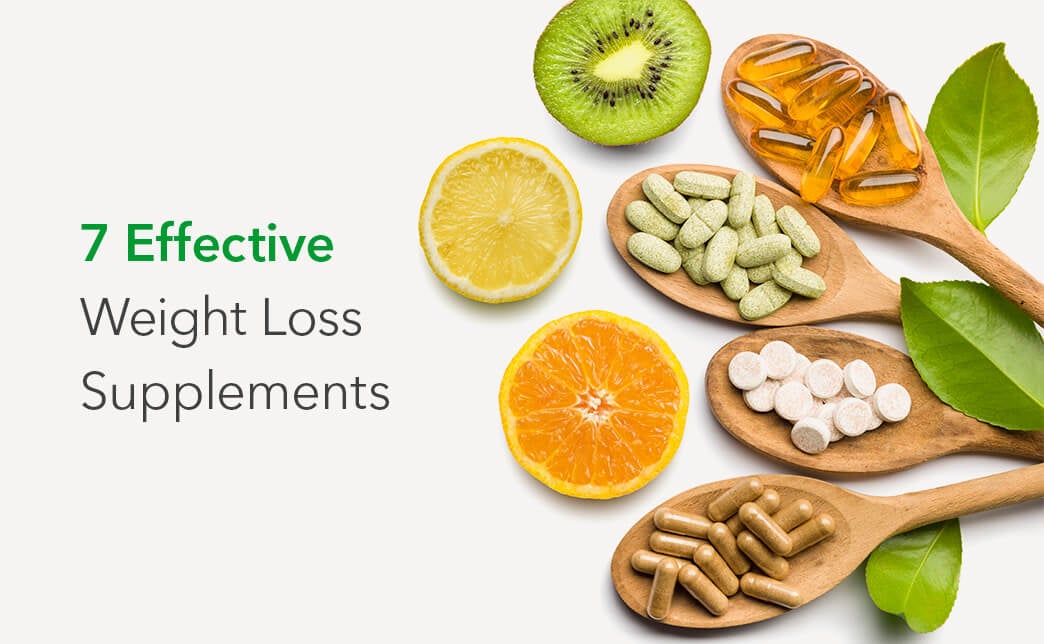For many people, the journey to weight loss is full of challenges, and there’s often the desire for a little extra help. Whether it’s from a busy schedule, sluggish metabolism, or simply not seeing the results you hoped for, weight loss can feel like an uphill battle. Enter supplements for weight loss—products that promise to accelerate fat burning, suppress appetite, or boost metabolism. But, with so many options on the market, the question arises: Do they really work? And, more importantly, are they right for you?
Understanding the Appeal: Why Supplements?
Let’s start with a simple fact: weight loss isn’t easy. For people like Lisa, who struggled with her weight for over a decade, finding the right support has been a crucial part of her transformation. “I’ve tried every diet. From low-carb to intermittent fasting. I’d lose a little, but then the weight would creep back up,” Lisa shares. After attending a nutrition seminar, Lisa decided to explore weight loss supplements. “I wasn’t looking for a magic pill, but I needed something to help me push past the plateau,” she admits.
Supplements for weight loss often catch people’s attention because they promise to help with the things that dieting alone can’t always solve. They claim to speed up the metabolic process, suppress hunger, or even block fat absorption. However, with thousands of options to choose from, it can be hard to know what’s effective and what’s not. So, let’s break it down.
Popular Supplements for Weight Loss and How They Work
There are several different types of weight loss supplements on the market, each with its own approach. Some of the most common types include:
1. Fat Burners
Fat burners are perhaps the most well-known category of weight loss supplements. These typically contain ingredients like caffeine, green tea extract, and synephrine, which are believed to boost metabolism and increase fat burning.
Green tea extract, in particular, has garnered attention for its high concentration of antioxidants, known as catechins, which may help increase calorie burning. Research suggests that green tea extract can boost metabolism by 4–5% over 24 hours, potentially leading to greater fat loss.
But are they effective? The short answer is: yes, but with a caveat. “Fat burners can help give your metabolism a small boost, but they’re not a substitute for a healthy diet and exercise routine,” explains Dr. Sara Johnson, a clinical nutritionist. “Supplements like these should be seen as a complement, not a magic solution.”
2. Appetite Suppressants
Some weight loss supplements aim to help control hunger, making it easier to stick to a calorie-restricted diet. Glucomannan, a natural fiber supplement derived from the root of the konjac plant, is a popular appetite suppressant. It absorbs water in the stomach, helping you feel fuller for longer periods.
For those like Sarah, who would often feel hungry between meals, appetite suppressants made a noticeable difference. “I didn’t feel like I was constantly fighting cravings,” Sarah says. “It allowed me to stay on track and not overeat, which has been crucial for my success.”
While appetite suppressants can help with portion control, experts caution that they should only be used temporarily and with a comprehensive weight loss plan that includes exercise and balanced nutrition.
3. Thermogenics
Thermogenics are a class of supplements designed to increase the body’s temperature, which, in turn, can help burn more calories. Caffeine is the most common ingredient in thermogenics because it stimulates the central nervous system, helping to increase heart rate and metabolism.
However, caffeine can be a double-edged sword. While it may boost energy and calorie expenditure, too much can lead to jitteriness, increased heart rate, or even insomnia, especially if taken in the afternoon or evening. “Caffeine worked wonders for me in the mornings,” says Steve, a 38-year-old who lost 35 pounds in six months. “But I had to cut back later in the day. Otherwise, I couldn’t sleep!”
4. Carb Blockers
Carb blockers claim to inhibit the digestion of carbohydrates, which could theoretically reduce calorie intake. These supplements typically contain white kidney bean extract, which is believed to block an enzyme (alpha-amylase) responsible for breaking down carbohydrates into sugars.
While some studies show that carb blockers can help reduce the number of carbs absorbed by the body, they aren’t a catch-all solution. “They don’t stop carbs from being absorbed entirely, and without a balanced diet and exercise, the effects will be minimal,” says Dr. Linda Torres, a weight loss specialist.
Can Supplements Really Help You Lose Weight?
Now that we’ve explored some common types of supplements, you might be wondering: do they really work? The reality is that supplements for weight loss can offer modest benefits, but they should never replace healthy lifestyle choices. Here’s why:
-
Limited Results: No supplement will make up for poor eating habits or lack of physical activity. Studies consistently show that supplements are most effective when used as part of a balanced diet and exercise regimen. In other words, while a fat burner might give your metabolism a slight boost, it won’t do the work for you.
-
Temporary Solution: Weight loss supplements are often most effective in the short term. As Dr. Johnson notes, “People may see quick results at first, but once they stop taking the supplements, weight gain can occur if healthy habits aren’t maintained.”
-
Personal Variability: What works for one person may not work for another. Factors such as metabolism, genetics, and lifestyle play a huge role in determining how effective a supplement will be.
The Importance of a Holistic Approach
For those like Sarah, who has been on a journey of self-transformation, weight loss is not about magic pills or shortcuts. “It’s about understanding my body, taking control of my habits, and being patient,” Sarah shares. While she used supplements like green tea extract and glucomannan to support her weight loss, she combined them with regular exercise, portion control, and mindful eating.
Psychologically, weight loss also requires a shift in mindset. Support groups, journaling, and therapy can play a critical role in addressing the emotional aspects of overeating and body image. “Supplements helped me get started, but the real breakthrough came when I changed how I thought about food and my body,” Sarah reflects.
How to Choose the Right Weight Loss Supplement
If you’re considering using weight loss supplements, keep these guidelines in mind:
- Consult with a Healthcare Professional: Before starting any supplement, it’s important to speak with your doctor, especially if you have underlying health conditions.
- Focus on Safety: Look for reputable brands that provide transparent labeling and avoid those with harmful additives or overstated claims.
- Manage Expectations: Understand that supplements alone won’t solve the problem. They work best when combined with proper nutrition and regular physical activity.
Supplements as a Support Tool
The key takeaway here is that supplements for weight loss can support your journey, but they should never replace a healthy lifestyle. Weight loss is a complex process that involves both physical and emotional commitment. For people like Lisa, Sarah, and Steve, supplements were helpful tools that gave them the support they needed to overcome plateaus and achieve lasting success. But ultimately, it’s the combination of balanced eating, regular exercise, and mental resilience that delivers sustainable results.
If you’re considering supplements to aid your weight loss journey, remember: no pill can replace hard work, discipline, and the desire to make lasting changes to your lifestyle. The most important part is getting started and sticking with it.